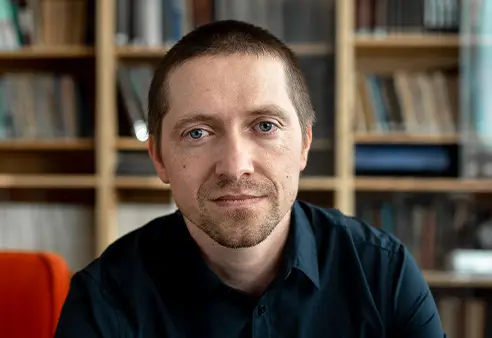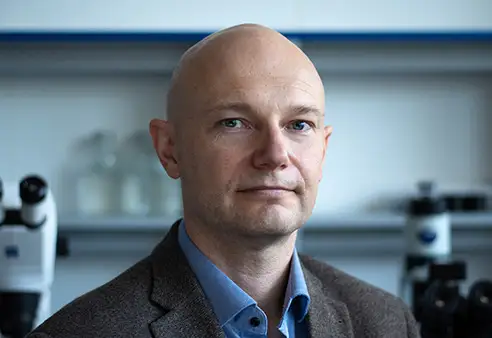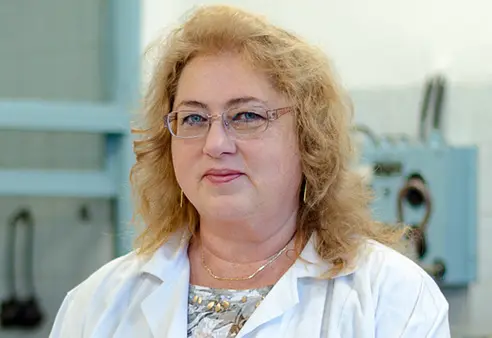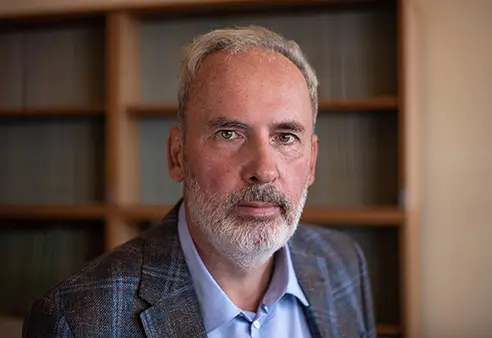He is one of the most cited mathematicians in the world and one of the most important Slovak mathematicians of his generation. Professor RNDr. Michal Fečkan, DrSc. works as a professor at the Department of Mathematical Analysis and Numerical Mathematics, Faculty of Mathematics, Physics and Informatics (FMFI), Comenius University in Bratislava. Thanks to the high number of citations, he was the only Slovak to win the prestigious global award Highly Cited Researchers in 2019, making him one of the world's best and brightest. In addition, he is the holder of the award ‘’Scientist of the Year’’ of the Slovak Republic in 2017.
"Mathematics opened up a whole new world to me, that I would never have known about. It helps me learn new and interesting things, and at the same time I can further develop the knowledge." says Michal Fečkan. "I'm fascinated with the fact that we can model the real world using abstract concepts."
The main subject of Michal Fečkan's research is nonlinear dynamical systems and processes. Although mathematics is an abstract science, this area has a wide application in practice - for example, in modelling a pandemic. It gives an ordinary person the opportunity to model personal financial expenses or monitor their own health.
He considers his study on chaos in dynamical systems to be his most significant project. It is a research of evolutionary nonlinear problems, when their behaviour is not predictable in the long run. A well-known example is the butterfly effect, introduced by meteorologist Edward Lorenz, which indicates a major change in the evolution of the system with very small changes in the initial conditions of that system. Within the project, he achieved extensive results for various types of tasks, which include continuous and discrete systems, as well as for the impulse processes. This project was supported by a grant from the National Science Foundation from the USA, in collaboration with the University of Greensboro in North Carolina, and later by frequent mutual invitations to Italy with the University of Ancona.
Michal Fečkan is very active in many international projects. "These successful collaborations have in recent years led to the publication of 15 articles per year, on average, and 7 monographs. I'm pretty busy at work, but I don’t mind it. Each collaboration is different, specific and enriching. I am friends with many scientists, as some of our international collaborations have lasted for more than 20 years."
In recent years, he has focused mainly on differential calculus of non-integer derivatives. This theory has a wide application, as it is suitable for modelling of memory processes. It is used in economics, physics and biology. For example, when the development of a country's population also depends on its history and structure, and not only on its current state. In the future, he would like to focus on the dynamics of fractional discontinuous equations, which represents an entirely new and unexplored area with interesting applications to switching and impulse response processes, such as simple impact oscillators modelled by a swinging bell, rolling stone or billiards.
Michal Fečkan studied mathematical analysis at the Faculty of Mathematics and Physics, Comenius University in Bratislava. "I started my studies 40 years ago, when the faculty was founded. I have been in constant contact with it ever since. I am very pleased that I was able to be there and teach smart students. I think that university studies are constantly evolving and improving, "said Michal Fečkan. He also expresses gratitude to the Institute of Mathematics of the Slovak Academy of Sciences, where he did his doctoral studies under the guidance of Professor Milan Medveď, and where he still works part-time.
In his free time, he likes to spend time in the nature. "There, I realize what this life on Earth is all about, to which we humans belong. It's a completely different world for me, a place where I can organize my thoughts and gain insight."



